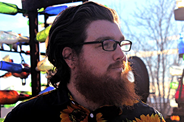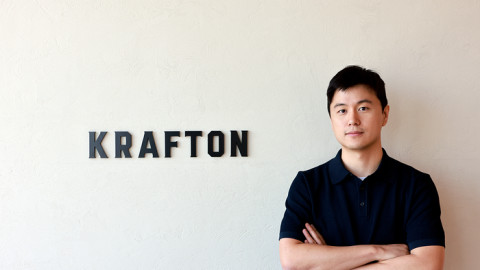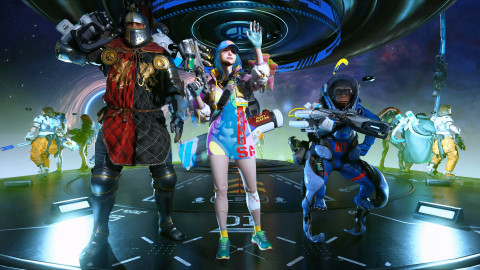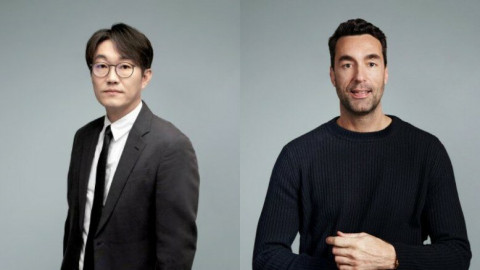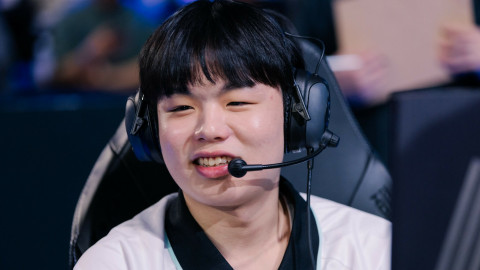Robbie Douek is President of RFRSH, the parent company of legendary Counter-Strike: Global Offensive squad, as well as LEC franchise Origen. During Rift Rivals 2019: NA vs. EU, Douek spoke to Inven Global's Nick Geracie to discuss the acquisition of Origen for the LEC and the differences between running a CS:GO team when compared to a team in League of Legends esports.
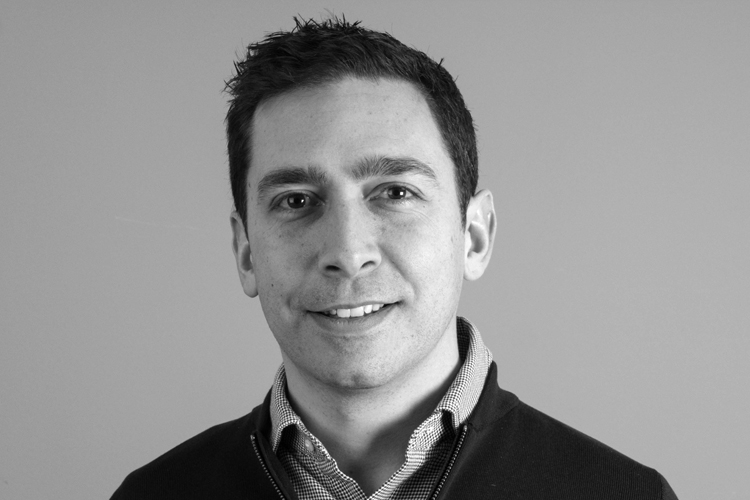
I'm here with Robbie Douek, President of RFRSH. Can you tell us about how you contribute to the company day-to-day and how you divide your time between Astralis and Origen?
I spend my time mostly focusing on the business operations of our company. We have a whole team that is centered around the sports performance of our players. Kasper Hvidt is a sports coach and our Sports Director at RFRSH, and our General Manager Martin "Deficio" Lynge and Founder/Owner Enrique "xPeke" Cedeño Martinez are very focused on the team directly.
I spend my time making sure that our businesses is running smoothly from an operational standpoint across social media, PR, marketing, as well as the commercial side of our business. I need to make sure our commercial side is running strong by making sure all of our sponsorship and broadcast channels are working properly. I spend a lot of time looking at numbers and crunching numbers, which is less exciting and glamorous than being in a studio or arena like our players.
How did RFRSH become the parent company of Astralis?
As a business, RFRSH started in Counter-Strike. We were focused on building out a teams side of our business, and there were multiple teams we were interested in, including Astralis. It quickly became clear that from a performance standpoint, Astralis was able to play to the best of its ability. Everyone knows the success story of Astralis.
"...the consesus greatest CS team of all time."
— Counter-Strike: Global Offensive caster Jason "moses" O'Toole on Astralis
Then, the opportunity to franchise with Riot in the LEC came along. Origen came through as an option, and we couldn't refuse it. The brand is super strong, and xPeke's been a great ambassador for it, so why wouldn't be interested? We really believe that Origen can and will be a global brand as a result of having all the trademarks to accomplish such.
We built infrastructure around Origen with Astralis in mind. We had built a performance academy around Astralis to help the team work properly, train properly, sleep properly, and eat properly. There was never any doubt in our mind we would be able to achieve the same with Origen. We had the infrastructure to make it work.
The OG guys are hopefully super happy. They spend a lot of time in Copehagen, which is a wonderful city. The people, government, and infrastructure that exists within Denmark is all fantastic for esports. That makes a massive difference. We were really focused on helping Origen succeed, and I'm not sure if you would agree, but I feel like things are going very well so far.
Was there ever a time you considered keeping your LEC team under the Astralis brand directly?
We thought that Astralis was so prominent in Counter-Strike that it was almost synonymous with it. It made more sense to think about Origen from the League of Legends side of things. If you spend some time analyzing the logos and the brands themselves, you'll see that there are some similarities.
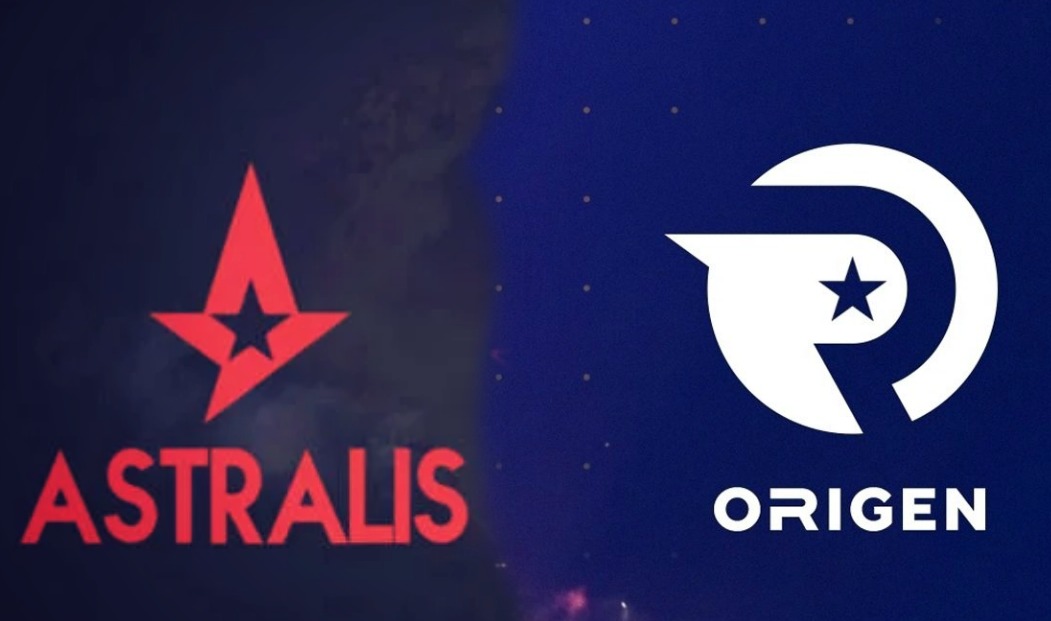
One of the founders at RFRSH, Jakob L. Kristensen, spent a lot of time focusing on how to keep our brand identity strong on all fronts. It's a bit like City Football Group in that they have six teams around the world, but you notice commonalities in between the brands and how their respective business are run. There are similarities between Origen and Astralis in how we operate. It's not that one is better than the other; both are treated as equals. We work super hard on both.
Were there any unique challenges that League of Legends presented that RFRSH had yet to encounter in CS:GO?
That's a good question. We had to spend some time understanding the operation. For example, from a pure business perspective, I had to think about how the team would have to travel every week to a specific destination and how that impacts the team's day-to-day and lifestyle.
We have unique challenges with Astralis who travel the world all the time, and while Origen don't, there is still a slightly different makeup of challenges. The model for running an esports team in Counter-Strike is different than being a franchised member of the LEC. It's a completely different financial model, so we spend a lot of time thinking about that and analyzing the data. So far, we're very happy with the results.
Origen was expected to be a good team out of the gate, but your Semifinals victory over Fnatic this past spring and subsequent LEC Finals berth exceeded all expectations. Did you expect OG to rise to an elite level so quickly?
The results are kudos to the infrastructure in Origen and Astralis. If you asked Deficio and xPeke if we would have gotten where we did as quickly as we did, they would probably say no. It's fundamentally brilliant, and now, the challenge is to keep it up.
There's a lot of competition coming through as other teams start getting their approach right, so we have to figure out how we maintain our level relative to the growth of others. We're getting a lot of good out of the group that we got together, and there are always ways to improve. We can always do more, and I believe in that because I personally spend a lot of time about controlling one's lifestyle and keeping oneself calm on a daily basis.
Everyone has stresses and strains that are all relative to their life, so at RFRSH, we really try to put everything into perspective. If we can make sure that everyone feels confident about what they're doing on a day-to-day basis, that will put everything into perspective so no one feels too stressed.
I also think part of the reason for this approach is Danish culture; the Hygge, you know? Our team in London is as big as our team in Copenhagen, and we try to impart the exact same cultural elements to our work throughout the organization.
When Origen first burst onto the LoL Esports scene in 2015 as xPeke's brainchild, it solidified itself as EU elite very early on before eventually tapering off over time. Is there anything you can learn from the successes and failures of the previous iteration of Origen?
Obviously, that predates my tenure at RFRSH, but the infrastructure that xPeke had in and around Origen before is very different from what we have now. Also, esports has come a long way forward in the past few years since then. The people working in the ecosystem, as well as the brands investing, are very different now.
We believe Origen is sustainable, but the important thing is if it can grow. Is the ecosystem, as well as the amount of circulation, investment, and viewership, going to grow? That's the key for us, and we believe what we have has a lot of legs to it, so we think it will happen.
Sort by:
Comments :0
